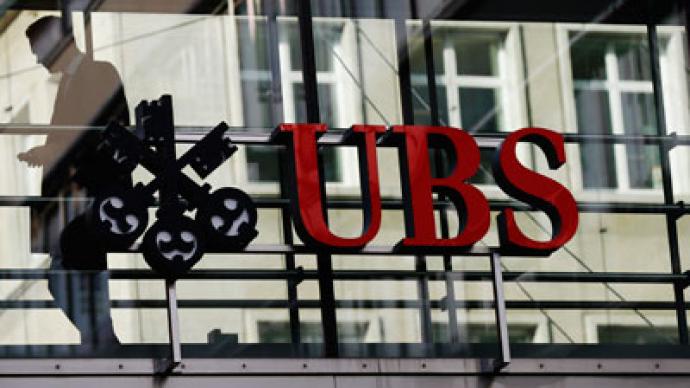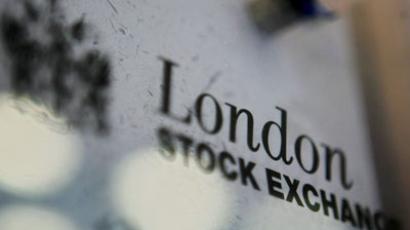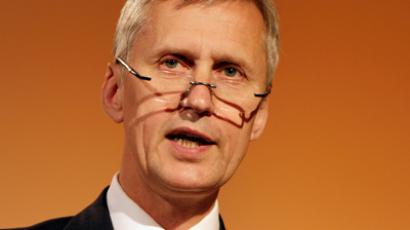Major world lenders punished in 2012 with record $20.8bn fines for ‘mistakes’

The world’s biggest lenders paid billions to regulators and individuals in 2012 to compensate for rule breaking and manipulation in the cases such as the Libor fixing and breaching financial sanctions against Iran.
The claims from supervisory bodies around the world ranged from between $100mn and $1.9bn, RBC daily experts calculated. The accusations varied from misleading sales of mortgage bonds to the rigging of the Libor rate – a key bank lending rate which affects different financial instruments and transactions worth more than $300trl worldwide.Almost all of the banks’ “mistakes” were made during the crisis of 2005 – 2008. One of the key reasons the cases are being raised right now is growing public and political discontent about the current outcome of the crisis.“In a number of countries political and social pressure on banks has grown sharply amidst the ongoing austerity measures. People see that economic problems lead to closures of hospitals and libraries and the responsibility rests on financiers… The society wants to see that they [banks] are also suffering,” Tom Dawson, an analyst at Helvea, told RBC daily.One of the biggest investigations in 2012 was over Libor manipulation, where UBS, Barclays and Standard Chartered have already paid billions to financial authorities at home and in the US. On top of financial penalties, the scandal over rate manipulation led to the resignation of Barclay's CEO Bob Diamond, Chairman Marcus Agius, and COO, Jerry de Missier.The accusations say that through Libor manipulations the world’s largest banks sought to create additional profits and make their financial statements look more attractive.The next victim in a Libor case could be Britain’s Royal Bank of Scotland, that’s expected to make a deal with the country’s authorities as early as January – February 2013.Violations of financial sanctions against Iran brought the largest fines against individual banks. One of the most recent examples was Standard Chartered that paid to the US federal authorities a total of $667mn for negotiating with Iranian clients. HSBC followed suit, having promised to pay $1.92bn for money – laundering, that allowed terrorists and drug cartels access to the US financial system, as Bloomberg reported.Iran is currently under pressure from international sanctions, mainly in oil exports, imposed by the UN Security Council, the US and the EU in order to curb the country’s controversial nuclear program. Washington and some if its allies believe the program is being used to develop a nuclear weapon. Tehran has strongly rejected the accusations, saying it is pursuing nuclear energy for civilian purposes only. In 2012 the British banks continued compensating customers over the misselling of loan insurance between 2001 and 2010. The country’s lenders didn’t make it clear the insurance was voluntary, sometimes even saying it was an integral part of a loan. A separate business has sprung up in the UK that deals with the claims against the bank at the price of 25 – 30% of the total claim.The charges paid to the US may become a perfect filing for the budget gap, notes Chris Wheller, an analyst at Mediobanca. “In the US the fees go directly to the Ministry of Finance, and not to the bank clients. One can say that to some extent that’s knocking a tax out of businesses – to improve the budget situation,” he said.














